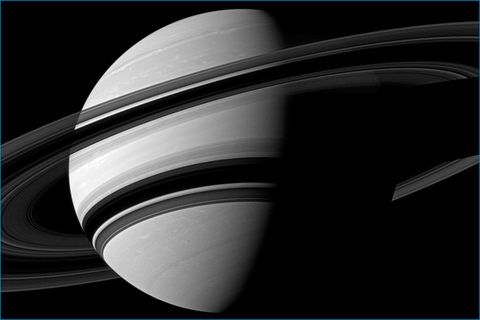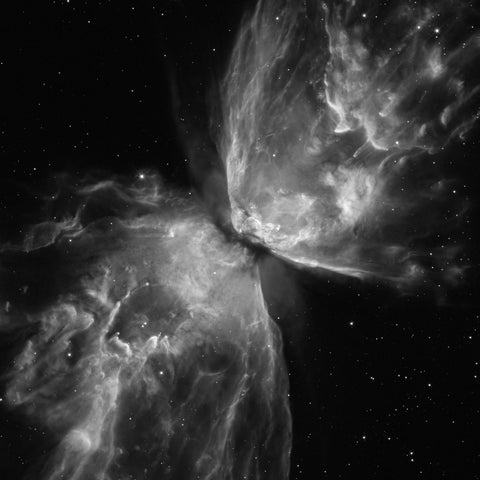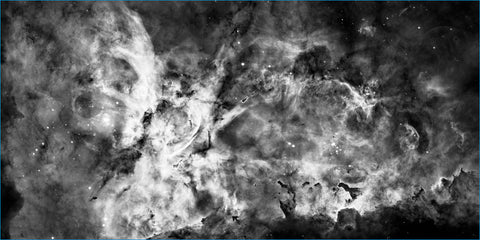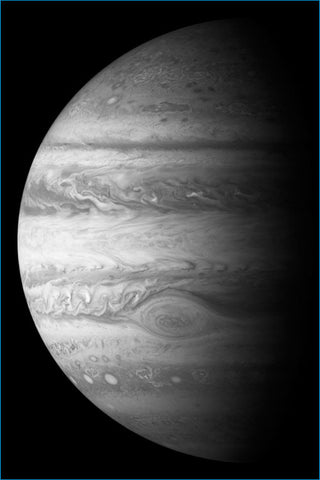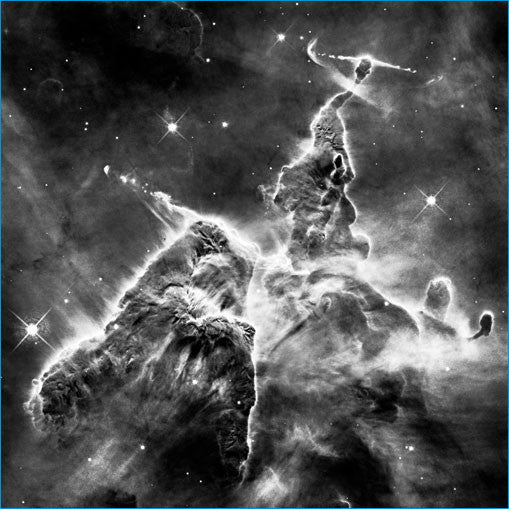
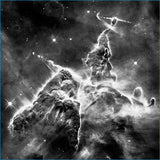
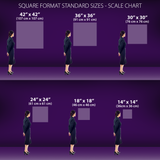
Looking for an exact size?
Email us for custom sizes and materials including:
- • Stunning Metal Prints
- • Gallery quality Acrylic Prints
- • Amazing Framed Backlit Prints and much more!
Tell us about your cosmic vision and we'll make it a reality!
Email us at: CustomPrint@BigBangPrints.com
Nebula Carina II Silver
FREE SHIPPING within continental US
This craggy fantasy mountaintop enshrouded by wispy clouds looks like a bizarre landscape from Tolkien's "The Lord of the Rings" or a Dr. Seuss book, depending on your imagination. The NASA Hubble Space Telescope image, which is even more dramatic than fiction, captures the chaotic activity atop a three-light-year-tall pillar of gas and dust that is being eaten away by the brilliant light from nearby bright stars. The pillar is also being assaulted from within, as infant stars buried inside it fire off jets of gas that can be seen streaming from towering peaks.
This turbulent cosmic pinnacle lies within a tempestuous stellar nursery called the Carina Nebula, located 7,500 light-years away in the southern constellation Carina. The image celebrates the 20th anniversary of Hubble's launch and deployment into an orbit around Earth.
Scorching radiation and fast winds (streams of charged particles) from super-hot newborn stars in the nebula are shaping and compressing the pillar, causing new stars to form within it. Streamers of hot ionized gas can be seen flowing off the ridges of the structure, and wispy veils of gas and dust, illuminated by starlight, float around its towering peaks. The denser parts of the pillar are resisting being eroded by radiation much like a towering butte in Utah's Monument Valley withstands erosion by water and wind.
This turbulent cosmic pinnacle lies within a tempestuous stellar nursery called the Carina Nebula, located 7,500 light-years away in the southern constellation Carina. The image celebrates the 20th anniversary of Hubble's launch and deployment into an orbit around Earth.
Scorching radiation and fast winds (streams of charged particles) from super-hot newborn stars in the nebula are shaping and compressing the pillar, causing new stars to form within it. Streamers of hot ionized gas can be seen flowing off the ridges of the structure, and wispy veils of gas and dust, illuminated by starlight, float around its towering peaks. The denser parts of the pillar are resisting being eroded by radiation much like a towering butte in Utah's Monument Valley withstands erosion by water and wind.


